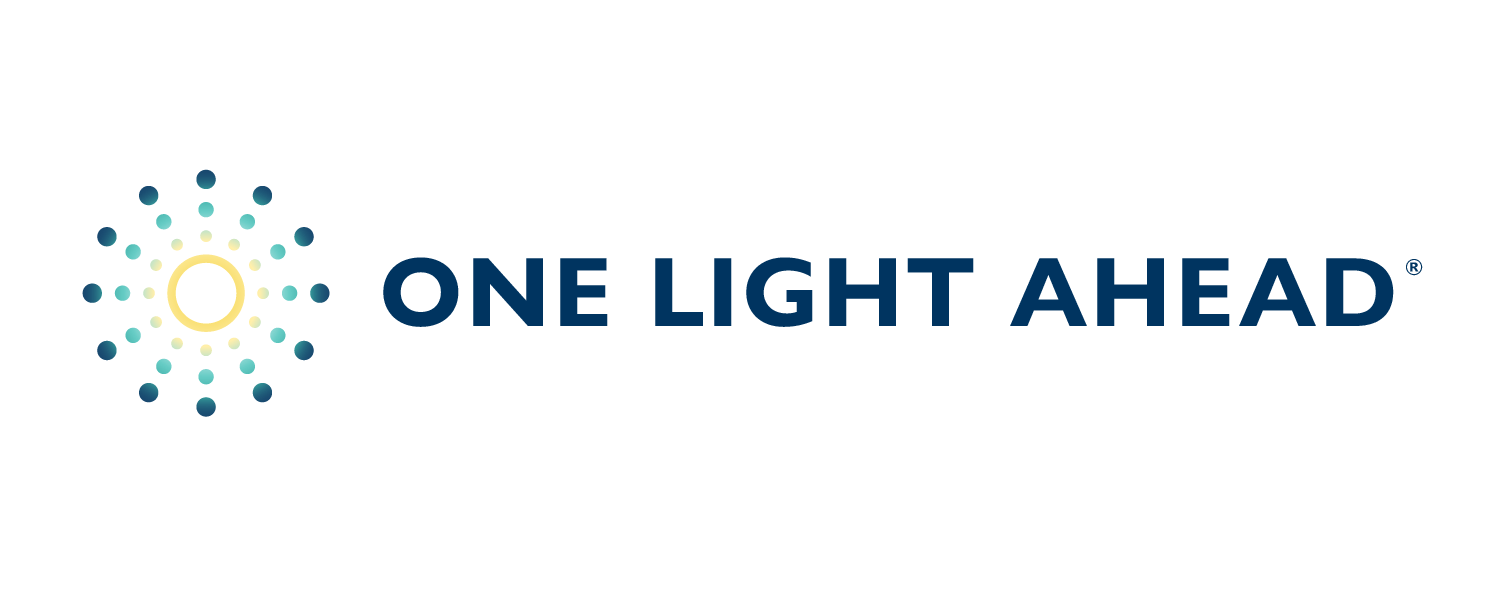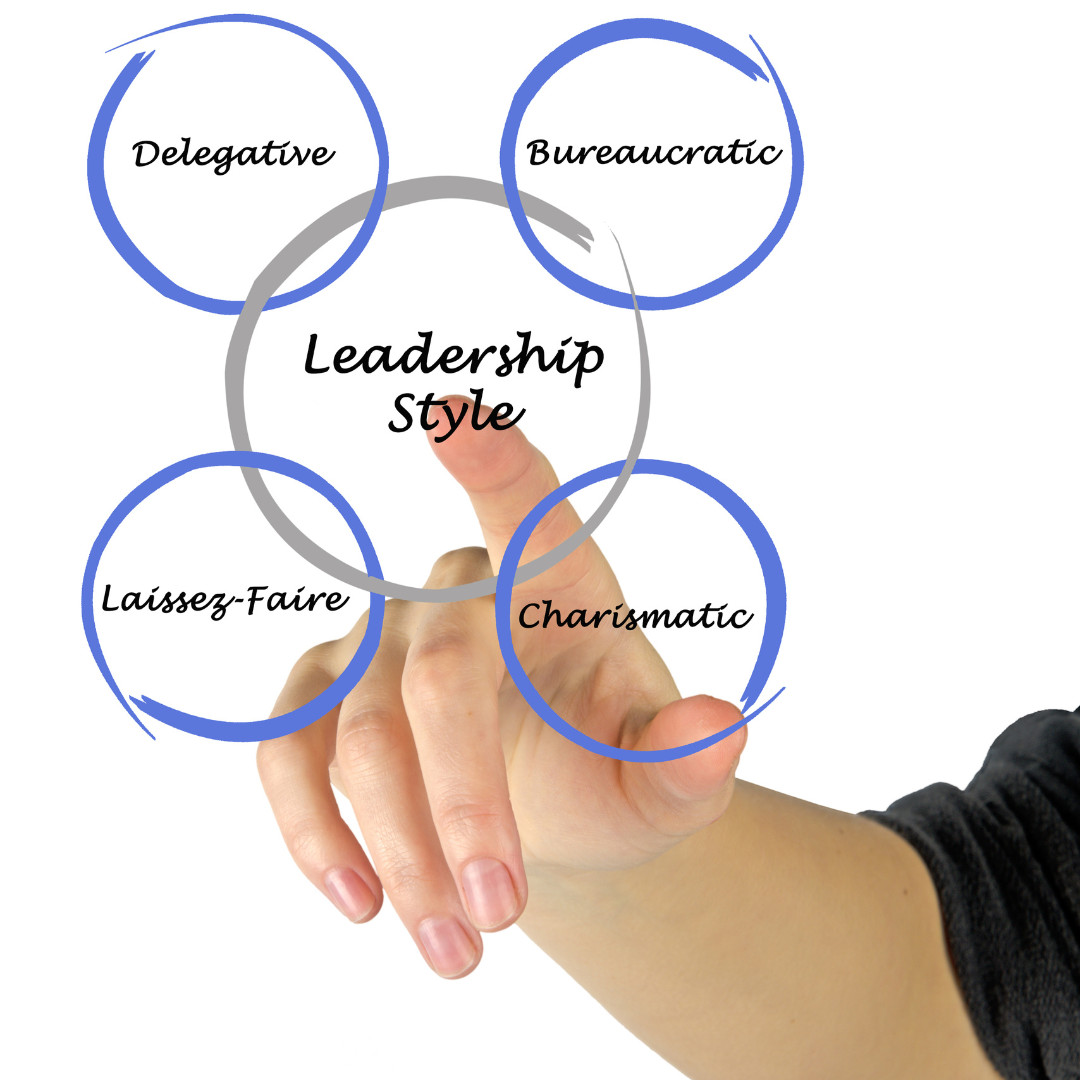
Most leaders believe they’re making decisions based on facts—but often, they’re just collecting evidence that supports what they already think. In this powerful Q&A, leadership coach April Ballestero and attorney Richard Hall explore how to move beyond confirmation bias, balance subjective and objective feedback, and create alignment even in disagreement. Discover the three levels of evidence every leader should know, why “warm fuzzies” aren’t enough, and how to build trust and clarity by grounding your leadership in intellectual integrity.
Read more...
Dive into a transformative exploration of leadership and self-awareness with insights drawn from April Ballestero’s webinar, inspired by her book Slaying the Onion. Discover how the power of perception, anchored in frameworks like David Allen’s Getting Things Done, shapes not only leaders but also the way we engage with challenges and opportunities around us. Uncover the archetypes that may be driving your actions—whether as a captain commander or a visionary crazy maker—and learn how to reclaim choice over reaction. Beyond surface-level fixes, this session illuminates the path to lasting change by addressing the roots of our thinking, revealing blind spots with tools like the VQ Profile. Shift your understanding of accountability from restrictiveness to empowerment, fostering trust and transcendent collaboration. Whether you missed the event or wish to dive deeper, this powerful dialogue is your guide to unlayering insights and embracing continuous growth. Watch the webinar replay and embark on a journey to transform how you lead and live.
Read more...
The One Light Leadership Experience is designed to transform high-performing employees into effective leaders by bridging the gap between task management and people empowerment. Many organizations promote based on performance alone, leaving new leaders without the necessary tools to lead successfully. This program focuses on fostering trust, clarity, and connection within teams, equipping leaders with the skills needed to thrive.
Leadership requires a different skill set than excelling at a job, including emotional intelligence, vision casting, and people development. According to Gartner, 75% of managers feel overwhelmed, and 70% are not equipped to develop mid-level talent, highlighting the need for specialized training. The One Light Leadership Experience offers coaching that builds confidence, clarity, and connection, leading to stronger engagement, clearer communication, and a culture of support and innovation.
One Light's approach to leadership is heart-centered, focusing on people rather than just performance. By emphasizing agape leadership, which is rooted in empathy, value, and vision, the program helps leaders inspire their teams to work towards a shared purpose. Through consistent coaching, leaders can build high-functioning teams, set clear expectations, and create an environment that fosters feedback, innovation, and long-term momentum.
Read more...
In a world where effective leadership hinges on connection rather than authority, the One Light Leadership Experience stands out by fostering leaders who inspire and empower their teams. This program offers transformative insights and strategies that align individual and organizational goals, creating cohesive and dynamic work environments. Through personal stories shared by graduates like Paul Schuck, Robert Cabeca, and Melissa Write, the program showcases its impact not only on personal development but on organizational culture as well.
Paul Schuck shares his experience of transforming goal-setting from a frustrating task into a fulfilling process with a structured framework that makes goals achievable and collaborative. Meanwhile, Robert Cabeca emphasizes intrinsic validation as a powerful tool in leadership, helping to build cultures of connection and engagement that thrive beyond traditional reward-punishment frameworks. Lastly, Melissa Write highlights that leadership is an immersive experience, not just a learned skill—underscoring the importance of connection in addressing communication issues within teams.
The One Light Leadership Experience equips leaders with practical frameworks for goal execution, leadership fundamentals, and sustainable habits that reinforce team unity and performance. Such development initiatives are crucial for organizations aiming to boost employee engagement and retention, shifting from mere compliance to true commitment. Investing in this kind of leadership training creates empowered individuals who lead authentically, driving innovation and satisfaction within their teams.
Read more...
Corporate America is undergoing a significant transformation in leadership, recognizing that traditional management methods need to be paired with a deeper, human-centric approach. Modern leaders are moving towards genuine connection and collaboration, emphasizing the need for environments where employees feel valued and heard. This new style of leadership fosters loyalty and motivation by understanding and engaging with employees on a personal level.
The shift involves leaders moving from just talking about empathy and communication to implementing them through meaningful actions. Leaders now realize that true change requires consistent demonstrations of these values, where active listening and understanding team perspectives is crucial. By fostering an atmosphere of curiosity and dialogue, leaders harness diverse viewpoints, empowering all generations to contribute and innovate.
Another aspect of this transformation is the emphasis on trust and psychological safety within organizations. Leaders are encouraged to demonstrate vulnerability and openness, which in turn encourages employees to voice their ideas without fear of judgment, leading to higher performance and resilience. Additionally, accountability is being redefined as a growth-oriented process, focusing on understanding and improving rather than assigning blame, ultimately creating adaptable and creative teams.
Read more...









